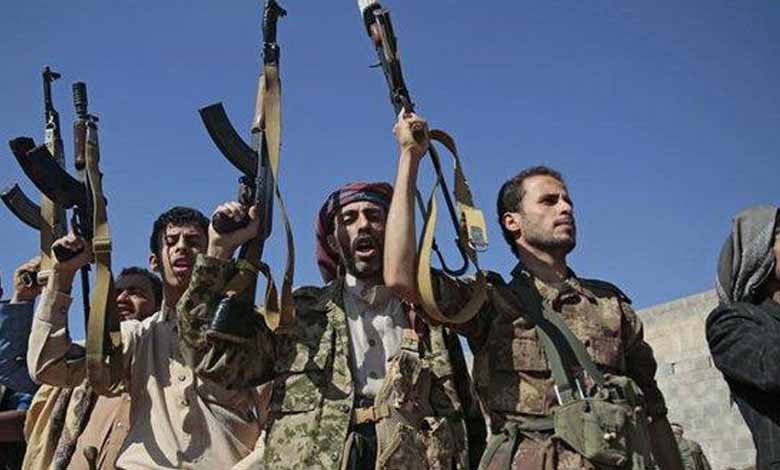Yemen’s government denounces the Houthis’ virulence; the fuel crisis is fake

The government of Yemen revealed on Sunday that the Houthis forced companies and oil traders to violate the laws and mechanisms of importing fuel through Hodeidah in order to turn against the truce.
The Yemeni government issued a statement saying: “There are no new or old special restrictions or restrictions imposed by the government on oil derivatives to the ports of Hodeidah, and the same procedures have been dealt with since the beginning of the truce declared on April 2, 2022, which are exactly the same procedures that are applied in the rest of the ports of the Republic”.
The statement, issued by the Yemeni Ministry of Foreign Affair said that “since August 10, Houthi militias forced companies and oil derivative dealers in their areas of control to violate the laws in force and the mechanism in place to import oil derivatives through Hodeidah ports since the declaration of the truce on April 2, 2022”.
This has “hindered the regular entry of oil derivative vessels in accordance with the terms of the current truce and created an artificial fuel crisis by the Houthi militia”, the statement said.
The Yemeni government “informed the UN envoy to Yemen and the countries sponsoring the political process of the danger of Houthi militias trying to bypass the established mechanism, which aims to facilitate the import of smuggled oil, the entry of banned materials, enable private companies affiliated with Houthi leaders to import fuel directly, and seek to reactivate the black market, from which the Houthis earn large amounts of money”, the statement said.
The statement, issued on behalf of the government of Yemen, stressed to the international community and to all its citizens throughout the country, especially in areas that are under the control of the Houthi militias. The terrorist group “seeks to create a crisis of unreal oil derivatives with the aim of pumping the quantities of oil that were stored from the beginning of the truce as commercial quantities to the black market to double the group’s profits from it”.
‘The number of 35 ships at Hodeidah port has increased, and all the ships that submitted their requests during the period are carrying 963,492 tons of derivatives”, he said.
“Although militias have received all of Hodeidah’s revenues from taxes, customs, and other revenues, they are sparking this crisis in order to deprive citizens of oil derivatives and also deprive them of their dues in accordance with the Stockholm Agreement”, the statement said.
The statement said that the Houthi militias’ response to the fuel crisis “disregards the terms of the existing truce and ignores the humanitarian consequences for the Yemeni people”.
The Houthi militias have repeatedly attempted to escape the current truce, starting with their unjustified refusal to open roads and the lifting of the siege imposed on the city of Taiz in accordance with the truce, and disrupting an UN-sponsored military committee meeting in Amman, Jordan.
“This is in addition to its blatant violation of the Stockholm Agreement and the truce through the transfer and mobilization of forces and the implementation of military parades, the most recent of which is in Hodeidah, in addition to daily military violations inside Yemen, in which controlled flights and ballistic missiles are used”, the statement said.
The Yemeni government blames Houthi militias for any crisis caused by the lack or high prices of oil derivatives and assures the entire Yemeni people and the international community of their commitment to the terms of the truce.
The statement called for “obliging Houthi militias to end the artificial crisis and stop absurd practices to force oil derivative companies and merchants to violate the legal procedures used in all Yemeni ports”.
Earlier on Saturday, citizens in Sana’a said that Houthi militias have created a suffocating fuel crisis in the capital Sana’a despite the flow of oil derivative ships to Hodeidah port under the truce.
The Houthis ordered the sudden closure of a number of commercial and oil company terminals under their control in northern and western Yemen, which led to a severe crisis and the long queuing of cars, especially in Sanaa, for the first time during the truce that came into effect on April 2nd.
Citizens and activists expressed their anger at the Houthi militia’s handling of the fuel crisis in Sanaa and unliberated areas, which is worsening their daily lives and worsening living conditions, including high food prices.












